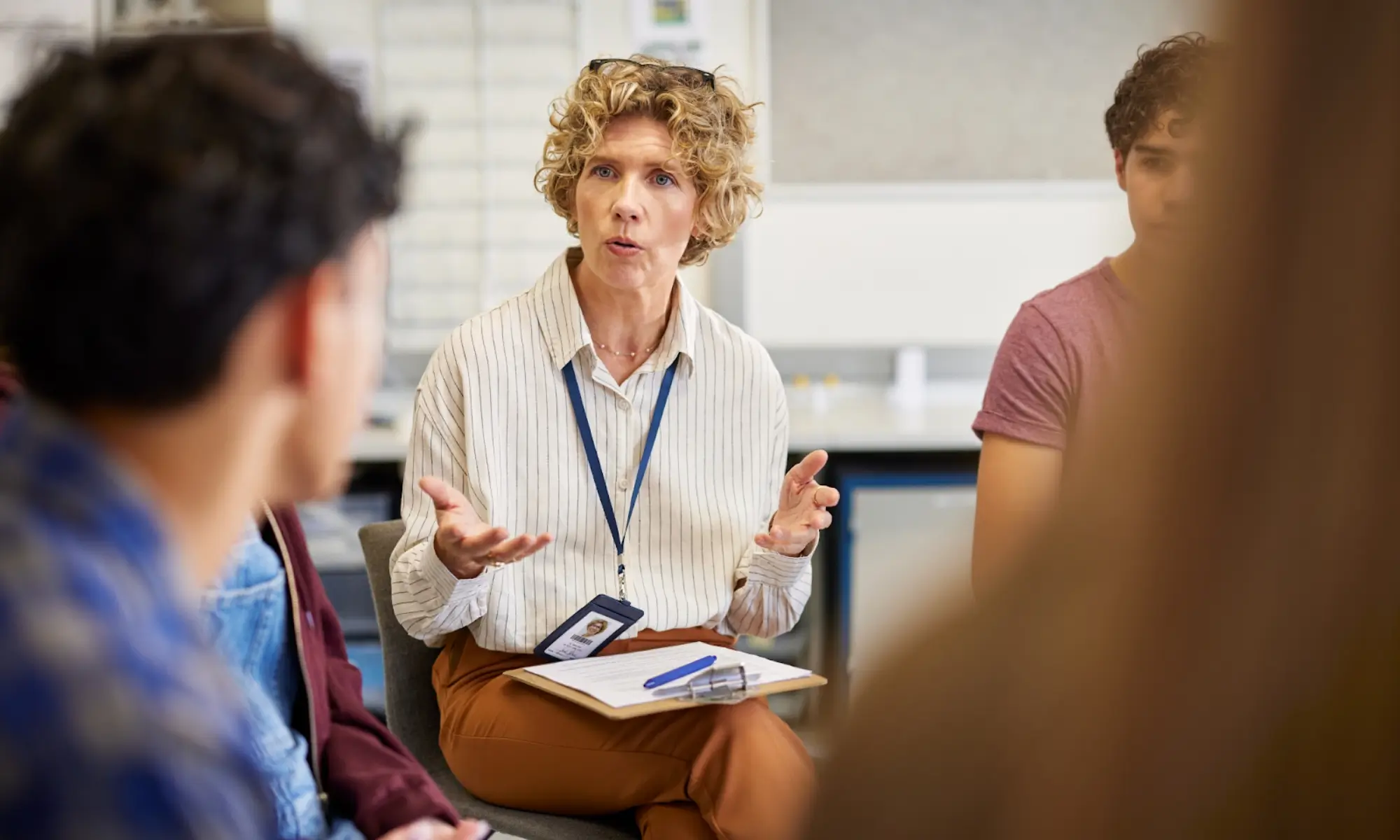Children’s well-being is important – that’s something that we can all agree on. They are truly precious and need to be cherished, guarded, and loved by their parents – and respected by teachers and other professionals.
That’s why the role of a school counselor, such as those who’ve studied at Walsh Counseling, is so important. This article will share why this role is so important and why we need school counselors more than ever. We’ll go over what school counselors do, some of the history of school counseling, and why they’re needed in schools.
What School Counselors Do
School counselors are trained and qualified to assist students at all levels of schooling, with all sorts of things. From mental health issues to academic performance and everything in between, a qualified school counselor is worth their weight in gold when it comes to student welfare and wellbeing.
Their role can be different at different schools, but the following are some things most school counselors will do:
Help With School Performance and Career Planning
A school counselor can help students with school performance and career planning. They’ll often assist students with the following:
- Offering learning support for kids who might need some extra help.
- Helping kids learn effective study skills.
- Preparing for tests and exams like the SATs.
- Helping students plan study schedules.
- Providing a quiet space in their office where students can complete schoolwork.
- Providing advice on the right classes to get admitted into their college of choice.
- Helping students learn about different careers and plan for life after high school.
- Giving students guidance on writing a college application essay or preparing a job application.
Assistance With Personal Issues
A school counselor can also help students with personal issues. They are trained to be thoughtful listeners, provide a safe space, and give students support when they want to share a problem. They’ll also talk things through with students to help kids make great decisions. School counselors can also find and refer students to places that can provide more help if needed.
Sleep Hygiene Support

Some high school students frequently resort to all-night cramming to keep up with schoolwork. Others can develop poor sleeping habits due to various factors, including upbringing, caffeine, drug and nicotine use, or more. School counselors must educate students on the importance of sleep for overall health, academic success, and well-being.
A school counselor can assist students with sleep hygiene by:
- Distributing informational brochures or digital resources with great sleep hygiene tips.
- Collaborating with school-based social workers, other school counselors, and/or health educators to deliver engaging presentations or workshops around sleep hygiene.
- Encouraging students to track their sleep patterns and make some adjustments if needed.
- Working with parents to create good sleep habits at home.
The History of School Counseling
School counseling arose as a discipline in response to the Industrial Revolution more than 100 years ago, when schools emerged to help educate the children of workers. Previously, education was reserved for the upper classes.
The history of school counseling can be traced across the development of several psychological and counseling models, as educators and politicians have, over the years, debated the exact nature and purpose of the school counseling profession, refining a clear and shared vision of how to help children develop personally and professionally throughout their school years.
Why Counselors Are Needed in Schools
Kids can experience a whole range of issues during childhood and adolescence, the latter being especially turbulent with the influx of hormones and the increasing complexity of navigating social situations.
Students can experience a range of psychological issues, including:
- Bullying and cyberbullying
- Anxiety disorders
- Depression
- Eating disorders
- Mood disorders
- Psychotic disorders
- Personality disorders
- Development disorders
- Neurodivergence
- Addiction issues
- Obsessive-compulsive disorder
- Trauma
- Stress
A student may experience multiple issues at once, making school counseling all the more valuable for such children. One major issue that has emerged recently is school refusal, which is worth dedicating a section to now.
School Refusal
Another issue that some kids experience post-pandemic is school refusal or avoidance.
Sometimes, the idea of getting up, getting ready, and going to school can cause severe distress for a young person and can result in a reluctance or refusal to attend school and an increase in nonattendance and/or truancy. Kids experiencing this situation may feel ill or unhappy the morning before school, with a strong desire to stay home. They might have an emotional reaction to the idea of leaving for school in the morning, manifesting in various physical symptoms. These may include a sore stomach, throat, or a general feeling of being unwell.
There are several factors that can contribute to the development of school refusal behaviours and compound the issue. Some factors can include individual student issues – such as neurodivergence or disability, family dynamics including family breakdown or family violence, school and academic demands, and issues within the wider community. A child may be experiencing anxiety, their parents may be separating, or they may have transitioned from elementary to middle school or middle to high school, or they may be experiencing challenges with their peers, such as bullying or complex social interactions that are hard to navigate.
A school counselor can work with a student experiencing school refusal and work on a plan to get them back to full attendance.
This article has shared why we need school counselors more than ever. We’ve covered what school counselors do, a brief history of school counseling, and some of the issues they can help students with.

